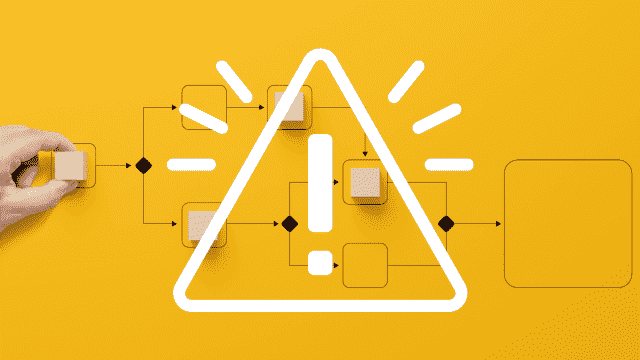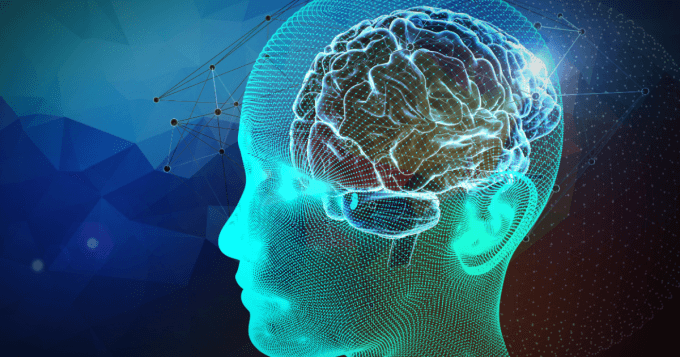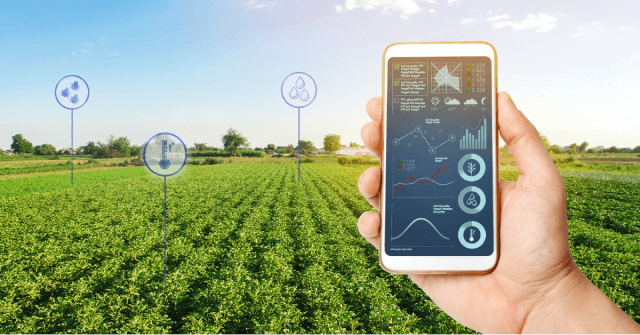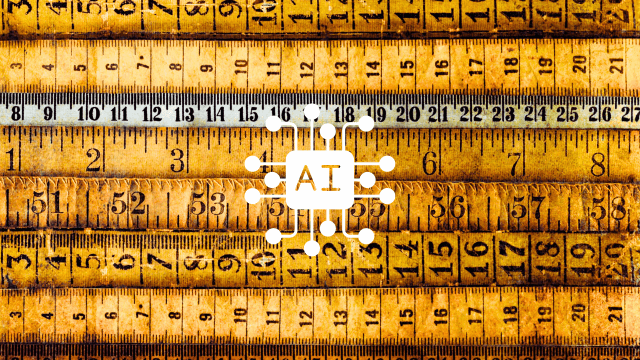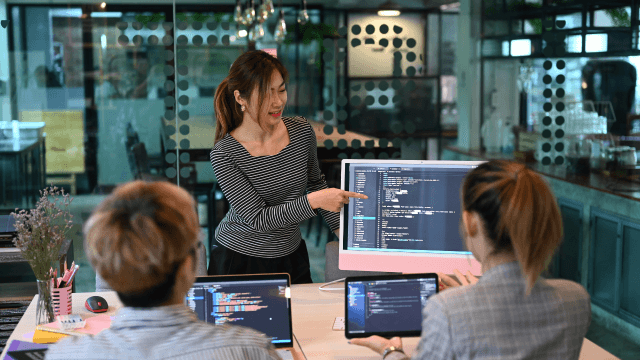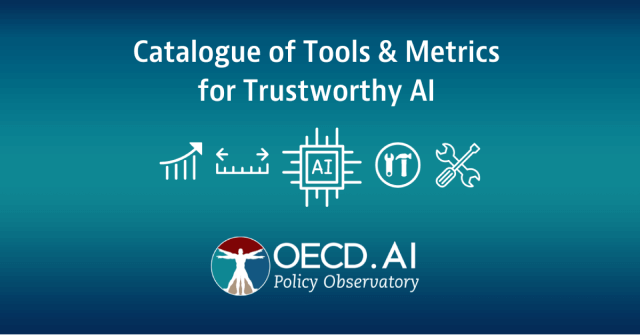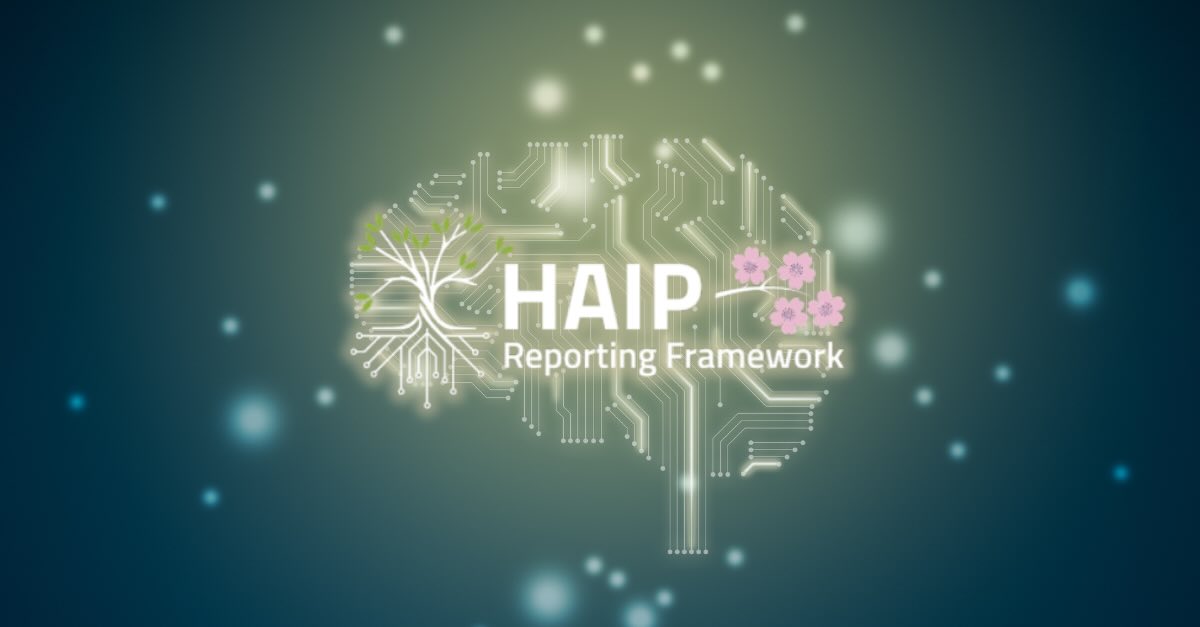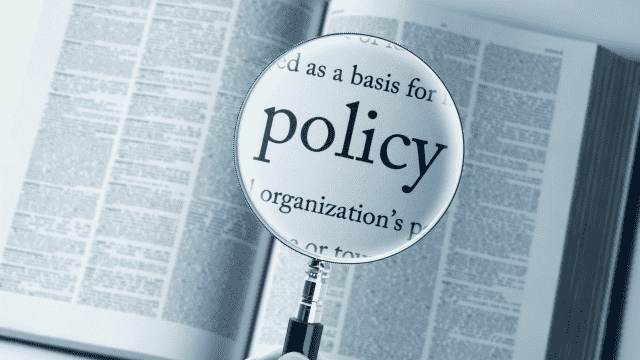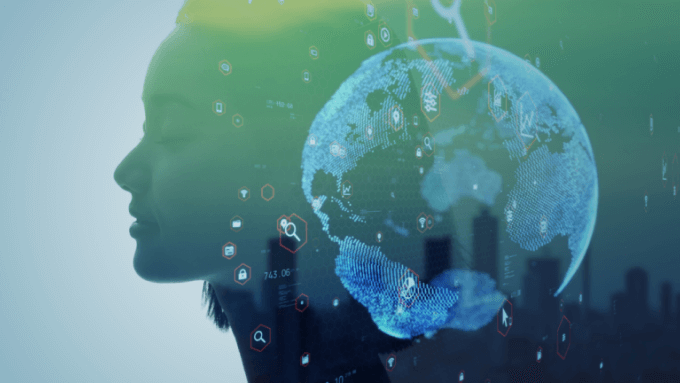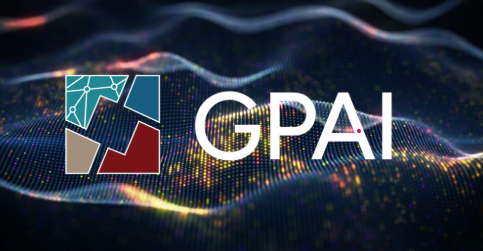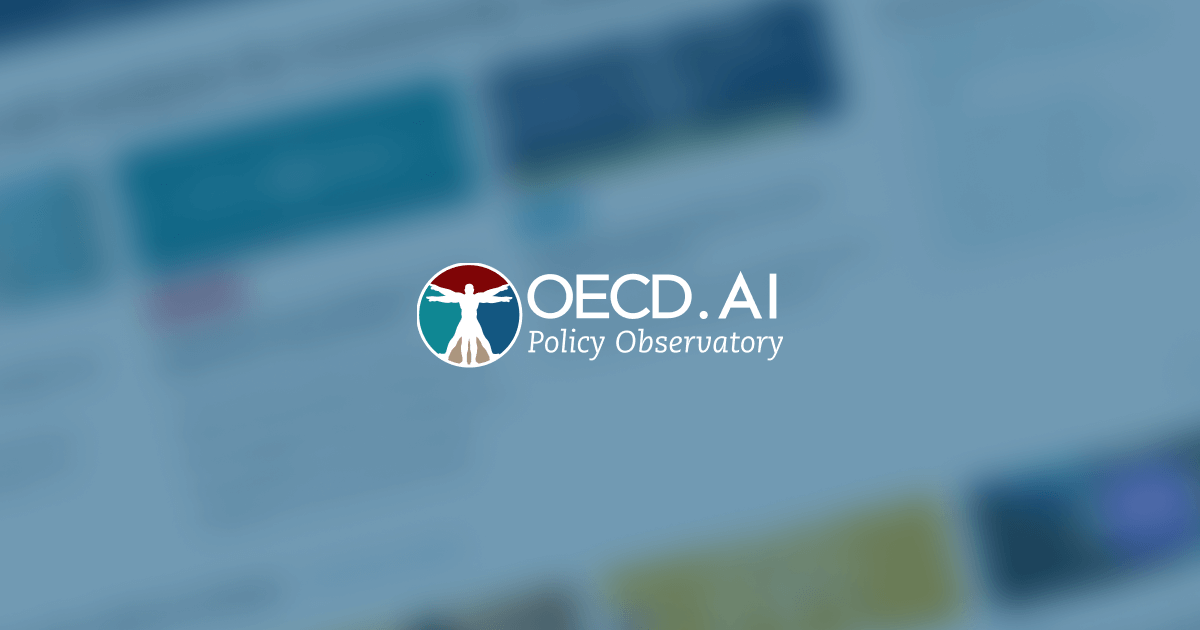
The OECD and GPAI help governments and businesses to adapt to AI’s impact on labour markets and people’s lives
Artificial intelligence is rapidly transforming work, presenting opportunities and challenges for employment, job quality, and workplace dynamics. The OECD and GPAI’s work analyses AI’s effects on job markets, workplace practices, and hiring processes while exploring how the technology can empower workers, enhance job inclusiveness, and improve health and safety standards. They emphasise the importance of education and training initiatives to equip today’s and tomorrow’s workforce with the right skills for an AI-integrated economy.
Select OECD reports and publications
- Algorithmic management in the workplace: New evidence from an OECD employer survey (February 2025)
- Training Supply for the Green and AI Transitions: Equipping Workers with the Right Skills (December 2024)
- How is AI changing the way workers perform their jobs and the skills they require? (November 2024)
>> Find out more about the OECD’s work related to AI and the world of work.
Artificial intelligence is driving change in the demand for skills in the labour market
Artificial intelligence (AI) adoption by firms transforms how workers perform their jobs and how work is organised. This reorganisation of tasks will lead to a shift in the demand for skills. Most workers who will be exposed to artificial intelligence (AI) will not need specialised AI skills (e.g., machine learning, natural language processing, etc.). Nevertheless, AI will alter the tasks these workers perform and the skills they require. OECD research has examined the changing skill demand for occupations exposed to AI. However, by analysing online job vacancies across 10 OECD countries over the past decade, they do not possess or need AI skills.
Management, business processes, and social skills are the most in-demand skills for occupations with high AI exposure. Management and business processes encompass skills such as project management, budgeting, accounting, administration, clerical tasks, and customer support. On average, across the 10 OECD countries in the sample, 72% of vacancies in high AI exposure occupations require at least one management skill, and 67% require at least one skill related to business processes. Social, emotional, and digital skills are also in high demand, with over 50% of vacancies in high-exposure occupations requiring at least one skill from these groupings.
Skills that require collaboration with colleagues, originality, and experience with basic office tools have seen the most significant increase in demand in occupations highly exposed to AI. Originality constitutes a sub-grouping of cognitive skills that has experienced the greatest rise in demand. It comprises “creativity” and “developing new ideas.” On average, the share of high exposure vacancies demanding skills related to originality has increased from 25% to 33% between the base and end years (Figure XXX). The most significant increases occurred in Sweden, France, and Belgium.
AI is associated with an increased demand for skills related to originality
The share of job vacancies related to high AI exposure skills, concerning originality, in both the base year and end year by country

Source: Artificial intelligence and the changing demand for skills in the labour market | OECD
Employment in some countries is more exposed to AI
The share of employment in occupations highly exposed to AI

A higher share of female employment is concentrated in occupations highly exposed to AI
The share of male and female employment, respectively, in occupations highly exposed to AI

The GPAI Future of Work (FoW) Working Group
The GPAI’s FoW Working Group has a mandate to:
- Conduct critical technical analysis on how the deployment of AI can affect workers and working environments and how workers and employers can better design the future of work.
- Address how AI can be used in the workplace to empower workers, how employers and workers can prepare for the future of work, and how job quality, inclusiveness, and health & safety can be preserved or even improved.
- Include a focus on the education and training needed to prepare the future workforce.
***Disclaimer: The reports below and on the archive page were planned before the integration of the Global Partnership on Artificial Intelligence (GPAI) and the Organisation for Economic Co-operation and Development (OECD) in mid-2024. Consequently, the report was not subject to approval by GPAI and OECD members and should not be considered to reflect their positions.
GPAI expert reports 2025
- Voices of Change: Generative AI and the transformation of work in Latin America / (ES) Voces del cambio: la IA generativa y la transformación del trabajo en América Latina (May 2025)
- AI for Informal Sector Workers Annual Report (April 2025)
- Generative AI and the future of work global dialogue: Perceptions and prospects, Roundtables in Asia, Europe, and Latin America (December 2024)
- Empower AI Workers (EAIW): Worker AI Adoption, Usage, and Regional Differences (December 2024)
